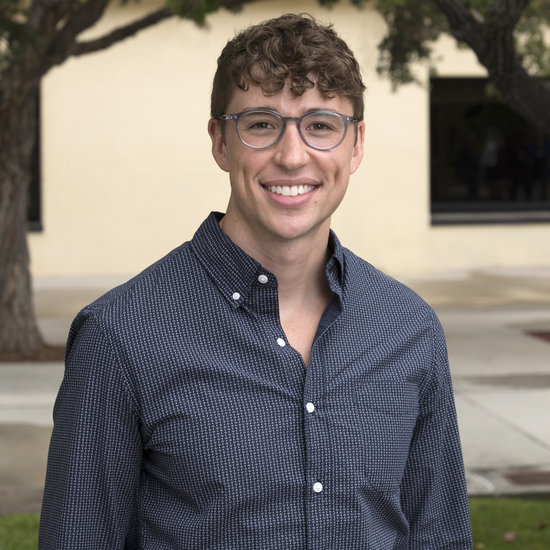Jonathan Riddle Explores Antebellum Era Physiological Debate

Jonathan Riddle, Seaver College’s visiting assistant professor of History and Great
Books, recently published a journal article entitled, “Physiology, Vitalism, and the
Contest for Body and Soul in the Antebellum United States,” in Oxford Academic’s Journal of the History of Medicine and Allied Sciences. The text analyzes the Antebellum debate raging around materialism, immaterialism,
and how these two philosophies connect to physiology.
“I’d like both historians of medicine and historians of religion to pay attention to this story,” says Riddle. “For historians of medicine, I want to emphasize that people have beliefs in addition to bodies. While for historians of religion, I want to highlight the role of physical experiences in addition to beliefs."
With this aim in mind, Riddle’s recent article expounds upon the Antebellum Era’s fascination with the study of physiology. Specifically, he examines the debate between Protestant apologists and religious skeptics, who argued over the existence of the human soul and its role in the study of humanity.
While Protestants emphasized the role of immaterial realities like the mind and the soul, the skeptics – or freethinkers – fought back by relying on the observable and arguing that human life emerged from strictly material properties like “sensibility, contractility, and irritability.” These two sides bickered back and forth until the late 19th century when researchers decided to create a clear division of labor.
“This debate is part of the reason why religion and medicine have this divide,” explains Riddle. “No one resolves the debate. No one discovers the soul in the lab, on the one side, and on the other side, Christians don’t stop believing. So, instead what happens is the next generation of physiologists inherit the dispute and consider it a hurdle blocking their path to laboratory research, and they elect to divide body and soul into separate domains and not let them talk to one another.”
As a result of this decision, spirituality and matters of the soul became the domain of preachers; whereas, medicine and matters of the body were reserved for physicians. By dividing these two research foci into separate spheres, the study of physiology was simplified; however, a gap still exists between the study of the material and immaterial world.
Riddle began examining this topic while writing his dissertation. As a result, this publication is the culmination of years of editing and extended research. Visit Oxford Academic’s website to read the project in full.